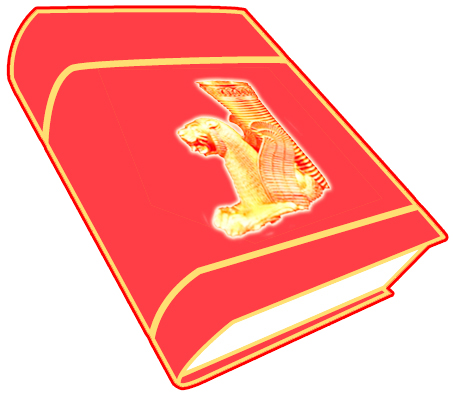
SUGGESTION FOR THE USE OF LATIN CHARACTERS
IN THE WRITING ON KURDISH
by C. J. EDMONDS (1889-1979)
Journal of the Royal Asiatic Society, London, 1931

by Cecil John Edmonds (1889-1979)
Journal of the Royal Asiatc Society, London, 1931
Book Details
1st. Edition. 21pp. This booklet was published without illustrations or maps.
After the end of World War One until 1945, Edmonds spent most of his time to Kurdistan and Iraq where he held several public positions. He spoke a variety of Kurdish dialects and in the article he suggests how the Kurdish language could be written in the Latin alphabet rather than the Arabic alphabet.
This article was written a year before the Hawar Latin alphabet was introduced by Jeladet Ali Bedirkhan for writing Kurdish in Turkey in 1932.
About the Author
Cecil John Edmonds (1889-1979) was a British political officer in Iraq and oriental scholar.
He served in the consular service as Vice-Consul in Bushire (1913-15), as Assistant Political Officer in Mesopotamia (1915-17) and in southwest Persia (1917-18). In April 1918, he was evacuated to England with typhoid fever, after which he returned to Bagdad in May 1919 and was eventually sent to the North Persia Force (‘Norperforce’) as a Political Officer.
From Qazvin he had the opportunity to travel to Rasht and report on the Jangali movement, to Tabriz, where he met Shaikh Mo?ammad ?iabani and to Teheran, where he had contact with diplomats and Iranian politicians.
After the end of World War One until 1945, Edmonds spent most of his time to Kurdistan and Iraq where he held several public positions. He worked primarily for the Foreign Office in London until his retirement in 1950.
He then became Kurdish lecturer at the School of Oriental and African Studies, University of London (1951-57).









JIMAR BI KURDÎ (kurdiska räkneord) 1- YEK [uttal: jek] 11- YANZDEH [uttal: janzdäh] 21 BÎST Û YEK [uttal: bist-u-jäk] 30 SÎ [uttal: si] 40 ÇIL [uttal: tjil] 50 PÊNCÎ [uttal: péndji] 60 ÞÊST [uttal: shést] 70 HEFTÊ [uttal: hefté] 80 HEÞTÊ [uttal: heþté] 90 NOD [uttal: nåd] 100 - SED [uttal: säd]
111 - SED Û YANZDEH [uttal: säd-u-janzdäh]
120 - SED Û BÎST [uttal: säd-u-bîst]
130 - SED Û SÎ [uttal: säd-u-bîst]
200 - DU SED [uttal: do säd]
300 - SÊ SED [uttal: sé säd]
1000 - HEZAR [uttal: hezar]
10 000 - DEH HEZAR [uttal: däh hezar]
100 000 - SED HEZAR [uttal: säd hezar] 1 000 000 MILYON MILYON Û YEK
MILYAR MILYAR Û YEK |

Foundation For Kurdish Library & Museum